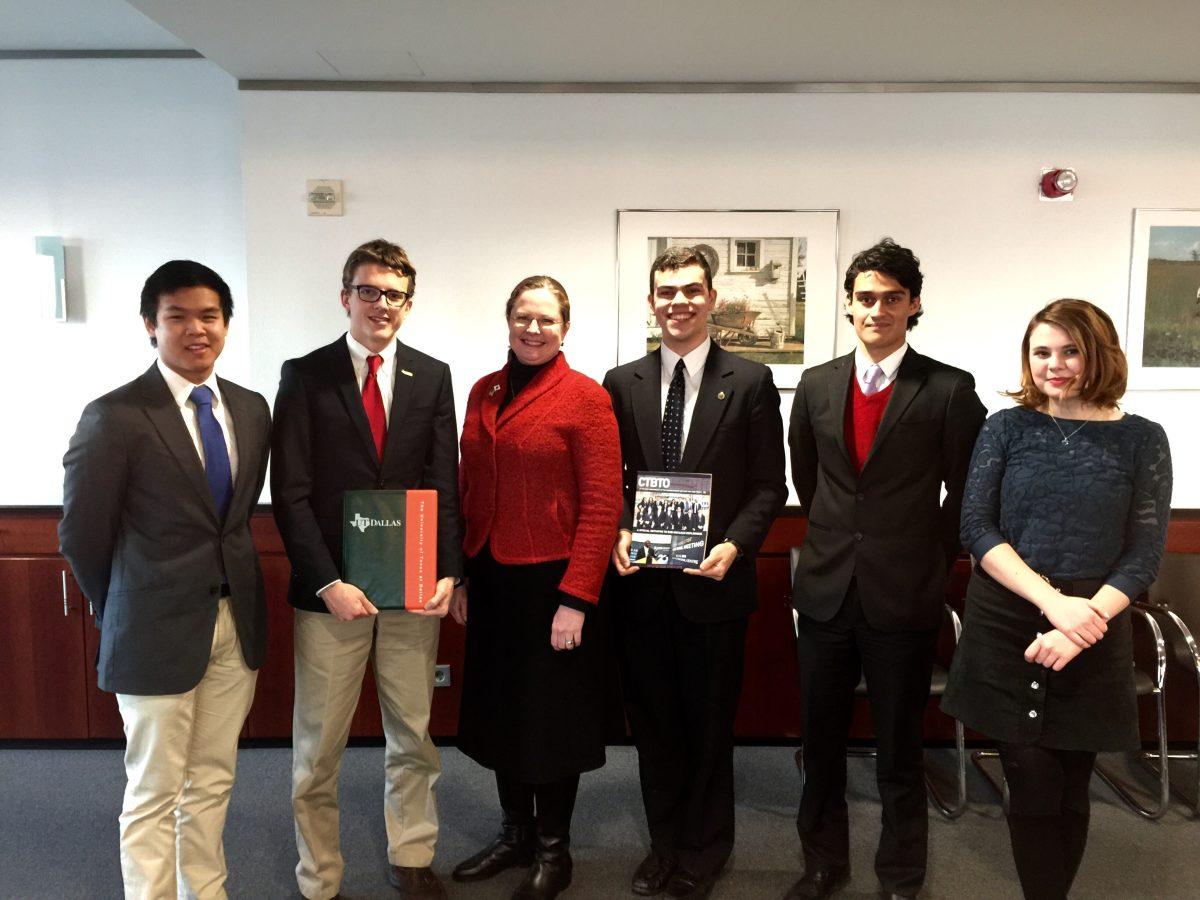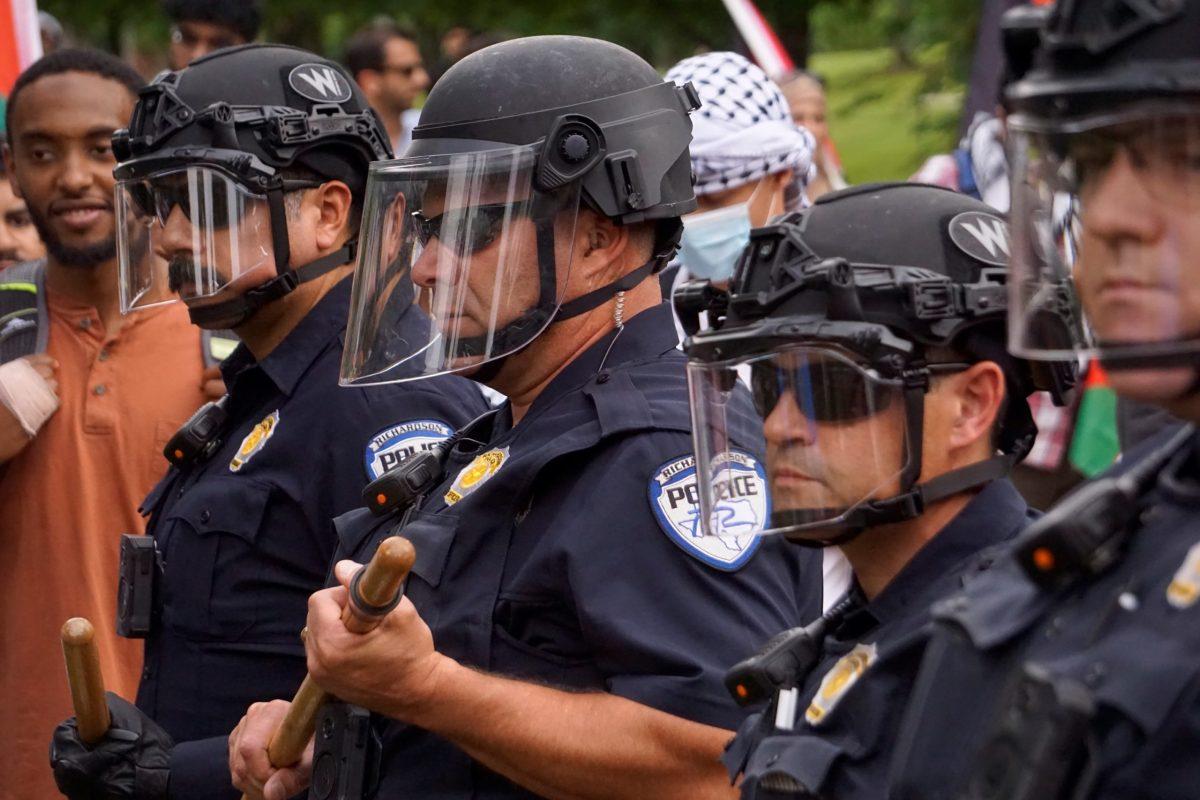Folks, our UT Dallas community is at a crossroads. Your voice is going to determine where we go from here.
On Aug. 29, the United Nations, along with thousands of people across the world, commemorated the International Day Against Nuclear Testing. Here at UT Dallas, I took a moment to reflect on the impact that nuclear testing has on our community.
Earlier this month, our president thrust nuclear security into the national limelight when he promised to unleash “fire and fury” upon North Korea if it sent missiles flying our way. Since early August, the situation has gotten worse. The discussions have gotten to the point where former Secretary of Defense William Perry, during a New York Times interview, predicted that we’d end up in a conflict with North Korea if we continue in this direction. Secretary Perry was once in charge of negotiating an end to the North Korean nuclear program.
It doesn’t have to be like this. The good news is that quite a few of our classmates at UT Dallas agree.
In December of 2016, eight fearless Comets hopped on a plane bound for Vienna, Austria. These students came together through an independent research project at UT Dallas called The CTBT in Action. Armed with thick winter coats, they ventured overseas for the adventure of a lifetime — an opportunity to meet with the international diplomats at the center of global discussions about nuclear testing. Their mission: to find out how the international community monitors the world for signs of clandestine nuclear tests.
Over the course of three weeks, those fearless Comets met with over 27 nuclear security professionals, including two UN Ambassadors. During those meetings, they learned about one of the most important treaties in nuclear security — the Comprehensive Nuclear-Test-Ban Treaty (CTBT). This piece of international law, created in 1996, set up a network of over 300 monitoring stations placed on all seven continents that would monitor the world for signs of nuclear tests. According to the BBC, the CTBT’s International Monitoring System has detected all four North Korean nuclear tests. Its success remains a shining example of the power of international scientific cooperation.
After learning about the CTBT, UT Dallas students ramped up their involvement in bringing an end to nuclear tests. In February, a second group of UT Dallas students conducted a videoconference with the ambassadors of Japan and Kazakhstan to discuss the CTBT. A separate group of Comets followed up in June by participating in the CTBTO’s Science and Technology 2017 conference in Vienna, discussing the CTBT and its role in the nuclear security framework. The message they heard in meeting after meeting was the same — the CTBT works, and it needs to become a law.
Today, the ball is in our court. Last Tuesday, United Nations Secretary-General Antonio Guterres issued an urgent request that we ratify the CTBT “to ensure that no state can conduct another (nuclear) test.” Where we go from here depends on you. It’s up to us to finish what our elected representatives started in 1996.
Here’s how you can help — take a class next semester about the CTBT and nuclear security, get involved with the CTBTO Youth Group on campus or write to Senators Ted Cruz and John Cornyn asking them to support CTBT ratification. As we commemorate the International Day Against Nuclear Testing, let’s join together to end nuclear tests once and for all.






